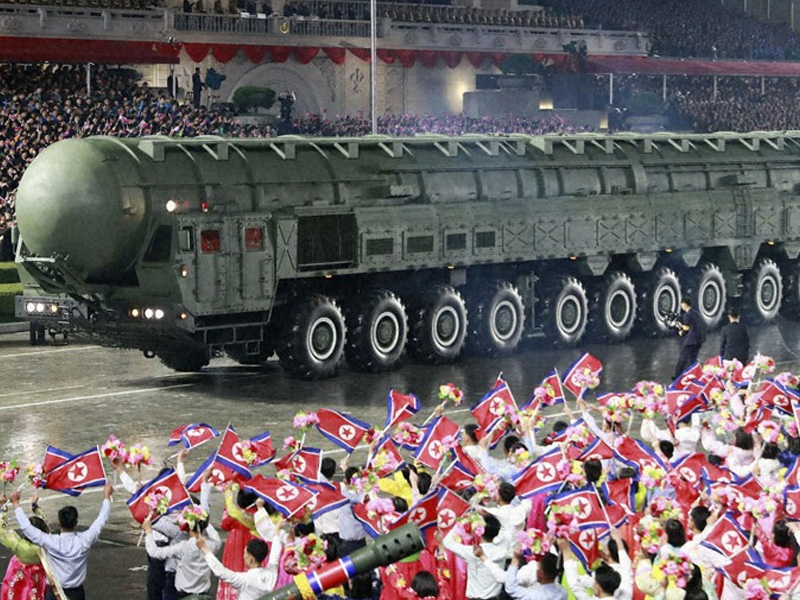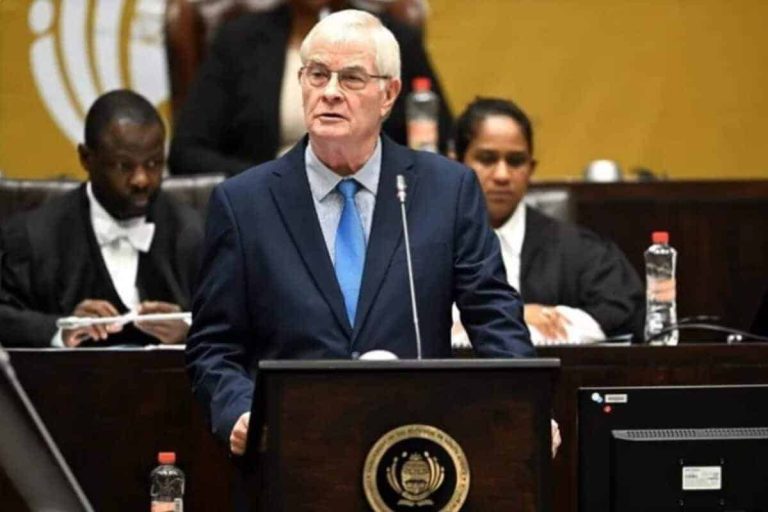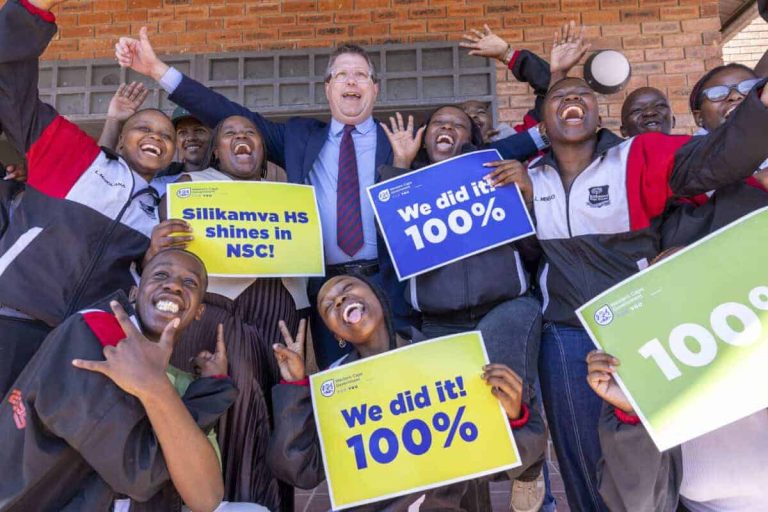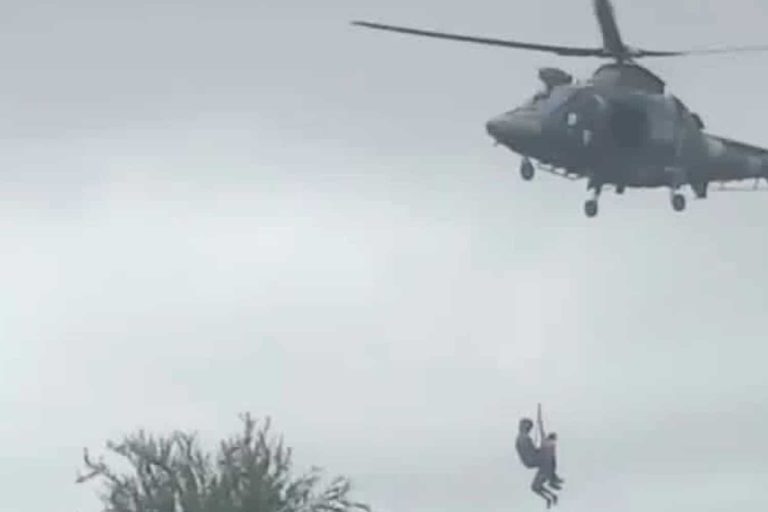
North Korea has unveiled what it calls its “most powerful” intercontinental ballistic missile (ICBM) during a grand military parade in Pyongyang, highlighting Kim Jong Un’s expanding nuclear ambitions and the country’s deepening alignment with Russia.
The regime said the event featured several advanced weapons, including long-range strategic cruise missiles and drone launch vehicles, but the spotlight was on the Hwasong-20 ICBM, described as the military’s “most powerful nuclear strategic weapon system.”
“Today, we stand before the world as a mighty people with no obstacles we cannot overcome and no great achievement we cannot accomplish,” Kim Jong Un declared in a speech marking the 80th anniversary of North Korea’s ruling Workers’ Party.
Mounted on an 11-axle launcher truck, the Hwasong-20 made its first public appearance after weeks of speculation. The missile is powered by a newly developed solid-fuel rocket engine built with carbon fibre, reportedly capable of producing 1,971 kilonewtons of thrust a major improvement over previous North Korean designs.
Analysts say the Hwasong-20 may represent the next stage in Pyongyang’s long-range strike capabilities.
Ankit Panda, a senior fellow at the Carnegie Endowment for International Peace, described it as “the apotheosis of North Korea’s ambitions for long-range nuclear delivery capabilities,” predicting the system could be test-fired before the end of the year.
The Hwasong series has already given North Korea the capacity to reach intercontinental targets, though questions persist about the accuracy of its guidance systems and the durability of its warheads during atmospheric re-entry.
Experts believe the new missile could be designed to carry multiple nuclear warheads, a capability Kim has urged his military to develop to ensure greater success against enemy defences.
“The system is likely designed for the delivery of multiple warheads,” Panda said. “Multiple warheads will increase stresses on existing US missile defence systems and augment what Kim sees as necessary to achieve meaningful deterrence effects against Washington.”
Friday’s parade also drew foreign dignitaries, including Dmitry Medvedev, deputy head of Russia’s Security Counciland a close ally of President Vladimir Putin. According to Russian media, Medvedev expressed gratitude for North Korea’s support for Russia’s war in Ukraine, calling the two countries’ relationship an “alliance proven in times of trial.”
“We are grateful to the Democratic People’s Republic of Korea for its steadfast support of the special military operation,” Medvedev said on social media. “Our soldiers stood shoulder to shoulder to liberate the Kursk region. This feat will forever remain in our hearts.”
KCNA reported that Kim Jong Un responded by pledging to deepen cooperation with Moscow and expand “diverse exchanges to achieve common goals,” signaling the continued strengthening of ties between the two isolated, sanctions-hit nations.
Erizia Rubyjeana



